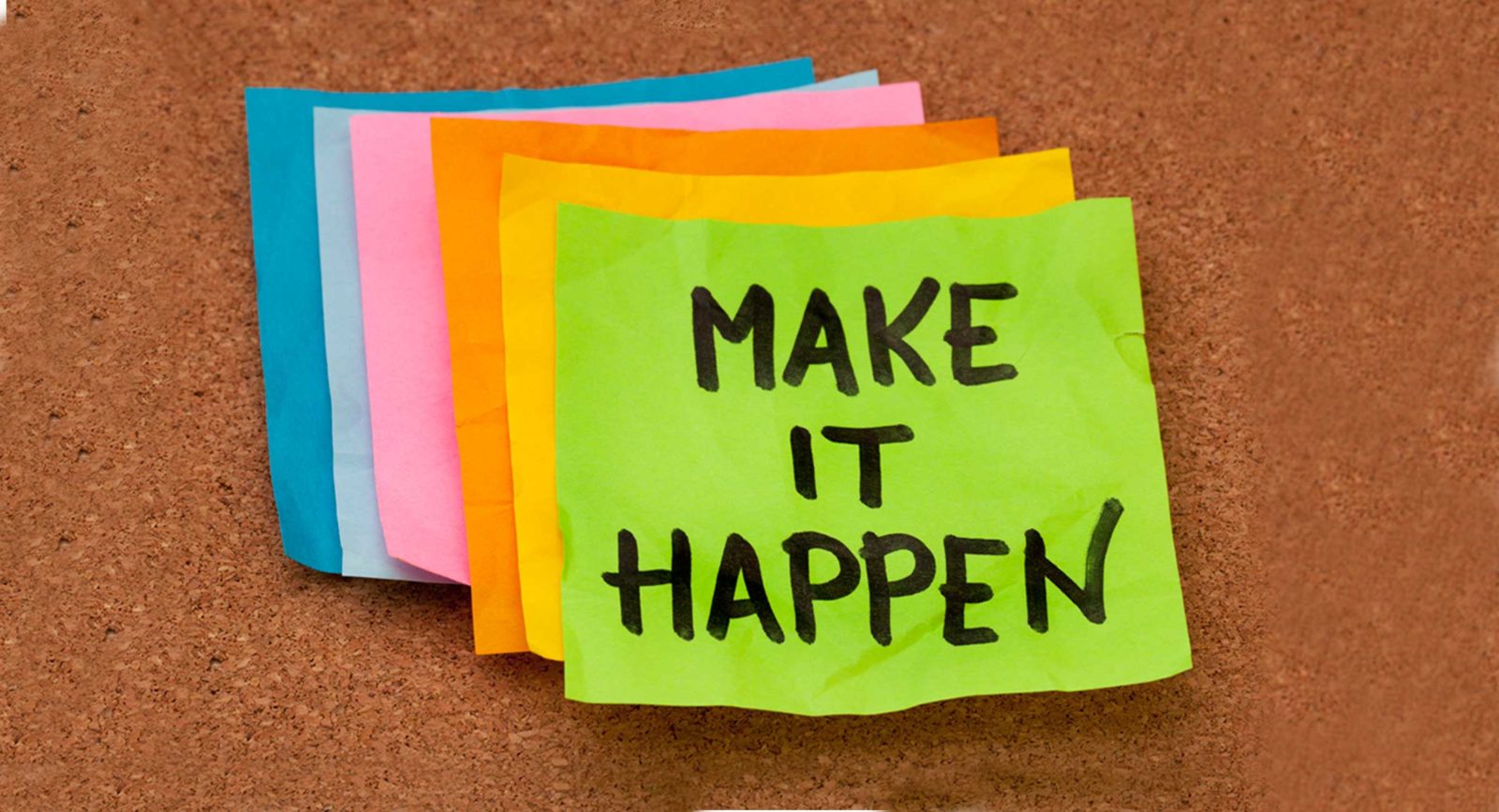To be alive is to be constantly changing. Change is life. Change is the way we get to experience ourselves as the perfect beings that we are – happiness in action. Change is obvious when we compare our current selves to our infant selves. What a miraculous metamorphosis! But aren’t we changing every moment of every day? Even in apparent perfect stillness, we are changing. Every heartbeat, every breath of air, every blink of the eye signifies change. If we don’t change, we stagnate and cease to exist ultimately. Think about all the changes you made since you woke up this morning, starting with the act of waking up, getting out of bed, taking a shower, eating breakfast, going to the bathroom, going to work, having lunch, taking a break and on and on. You could have stayed in bed all day but even then you would be constantly changing – shifting position, going in and out of sleep, thinking different thoughts, checking the time. We can’t help but change – it is our nature. Whether we love it or not, of course, is completely up to us.
Some changes just happen to us because of biology, the passage of time, outside events. Others we instigate. Either way, how we embrace change has everything to do with our state of mind – our happiness or unhappiness. Try simply observing yourself and your feelings about change for a few days. How do you feel when you find out something has changed or is going to change? How do you feel when you want to change something? If change is an open door, what do you perceive to be on the other side? Are you more often elated about change, or fearful? Do you embrace change or try to avoid change?
As you have probably noticed from the little exercise above, your feelings may run the gamut from neutrality to delightful anticipation to slight concern to trepidation and beyond. As a result, you may have observed that you seek or avoid change based upon these feelings. And the extent to which you seek or avoid change is directly related to the strength of the feelings.
I would guess that the single most widely help belief about our ability to be happy is connected to change. Our biggest fear is that because of the change, we will be unhappy in some way. What if this isn’t true? Imagine how much freer you’d be to change, if you knew your happiness didn’t depend on it.
When it comes to change, when we are happy, we are like water. We move through life in a natural way, filling available spaces, avoiding immovable obstacles and finding the level that is perfect for us. When we are unhappy, we lose our fluidity. We become deaf, dumb and blind as we follow our fears down one blind alley after another. If you doubt this, think about the last major decision you made. Did you agonize over making the wrong choice, or did you weigh your “available” options with joy and excitement? Did you imagine the worst outcome or did you envision success? Did you seek and take in useful information to help you make the decision or did you resist learning anything new?
As you coach your clients through change, your greatest tool is your own attitude toward change, in all its variations. How do you approach the changes in your life? Do you believe change is difficult? Do you believe it’s fraught with danger? It’s difficult to help someone discover their own ease to change, when you have your own issues with it.
The Option Method and Belief Centered Life Coaching were designed to help you get to the root of self-limiting beliefs as I described above. Mastering it for yourself and using it in your coaching practice, as I do, will supercharge your coaching sessions.
Join us for our webinar, Supercharge Your Coaching Practice: Transform Emotional Roadblocks into Happy Productivity. Early bird registration (save $100) is open til midnight, July 31st. ICF approved for 33 CCEUs!!

